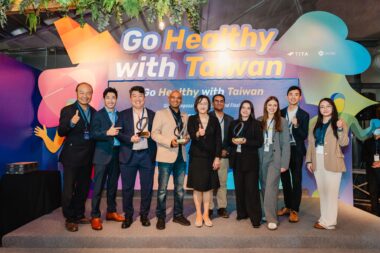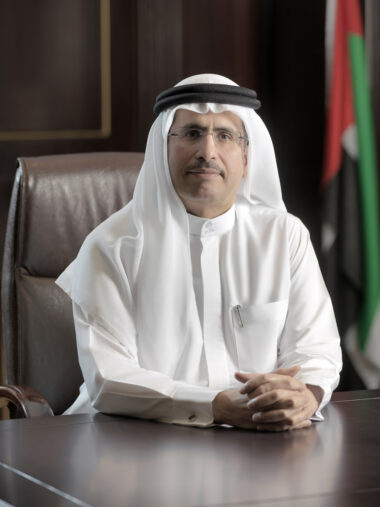As COP29 negotiations continue in Baku, Monash University's award-winning podcast, What Happens Next?, launches a timely two-part series examining how better storytelling and community-led solutions transform climate action across the Indo-Pacific region. The series examines how storytelling shapes our understanding of climate change in the Indo-Pacific region, challenging oversimplified narratives and celebrating community resilience to inspire action in addressing the region's most pressing challenge.
“As humans, we instinctively use storytelling to make sense of complex issues like climate change. The stories we tell about this global challenge affect the way we understand it and influence our actions – or inactions,” explains host Dr Susan Carland.
The series reveals how Indigenous knowledge and community-based approaches drive innovative climate solutions. Through conversations with local leaders and Monash experts, listeners discover the unique challenges the region is facing, and how its position on the frontline of climate change has engendered innovation and resilience.
Dr Gabriel García Ochoa directs Monash's flagship Global Immersion Guarantee (GIG) program, which will connect 2,200 students with community leaders and local experts across the Indo-Pacific and beyond in 2024.
“We are not going to resolve their problems – that's really important because the last thing we want is to spare any saviour complex,” says García Ochoa. “This is about learning from others and assuming our own responsibility when it comes to these challenges.”
The series highlights several key Monash initiatives fostering climate resilience:
-
The GIG program provides students unmediated access to community leaders implementing innovative climate solutions, many drawing on generations of traditional knowledge
-
RISE (Revitalising Informal Settlements and their Environments), led by the Monash Sustainable Development Institute (MSDI), partners with communities in the region to implement practical, nature-based solutions that blend traditional wisdom with modern engineering
-
The ARC Centre of Excellence for Weather of the 21st Century, directed by Professor Christian Jakob, works to make climate science locally relevant and actionable
Dr Elissa Waters, a human geographer whose research focuses on climate adaptation, emphasises that “assuming [mass migration] is what is going to happen takes a lot of adaptation measures off the table. It disincentivises funding for short- and medium-term adaptation options, and that's really damaging.”
Her work challenges the notion of Pacific vulnerability, instead highlighting how these nations are becoming laboratories for bold experiments in climate resilience.
Key themes explored include:
-
How stories shape our understanding and response to climate challenges
-
The vital role of Indigenous and traditional knowledge in climate solutions
-
The intersection of culture, land and climate resilience
-
Community-led approaches to climate adaptation
-
The importance of nuanced, accurate climate narratives
Jakob grounds climate science in everyday experience throughout the series, while MSDI Director Professor Tony Capon highlights the interconnected health impacts of climate change across the region.
About What Happens Next?
Monash University's What Happens Next? podcast explores some of the biggest challenges of the day. Host Dr Susan Carland steps through the sliding doors with global experts and thought leaders to find out what could happen if we don't change, and what the world could look like if we do. The podcast is a thrice-consecutive gold award winner in the international Signal Awards.
What Happens Next? is available on all major podcast platforms. Explore the podcast’s full catalogue.
High-resolution images, video and audio clips are available upon request.
- ENDS -
MEDIA ENQUIRIES
Monash Media
T: +61 (0) 3 9903 4840
E: [email protected]
For more Monash media stories, visit our news and events site


